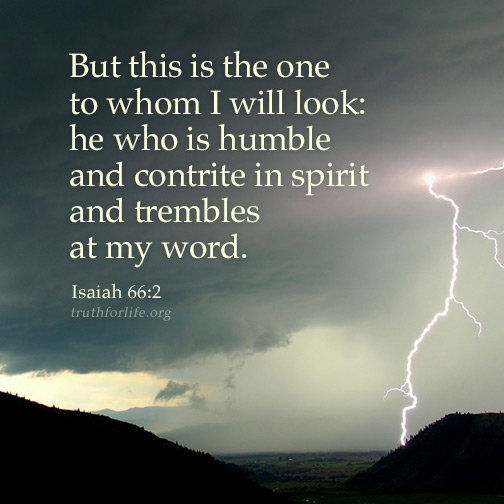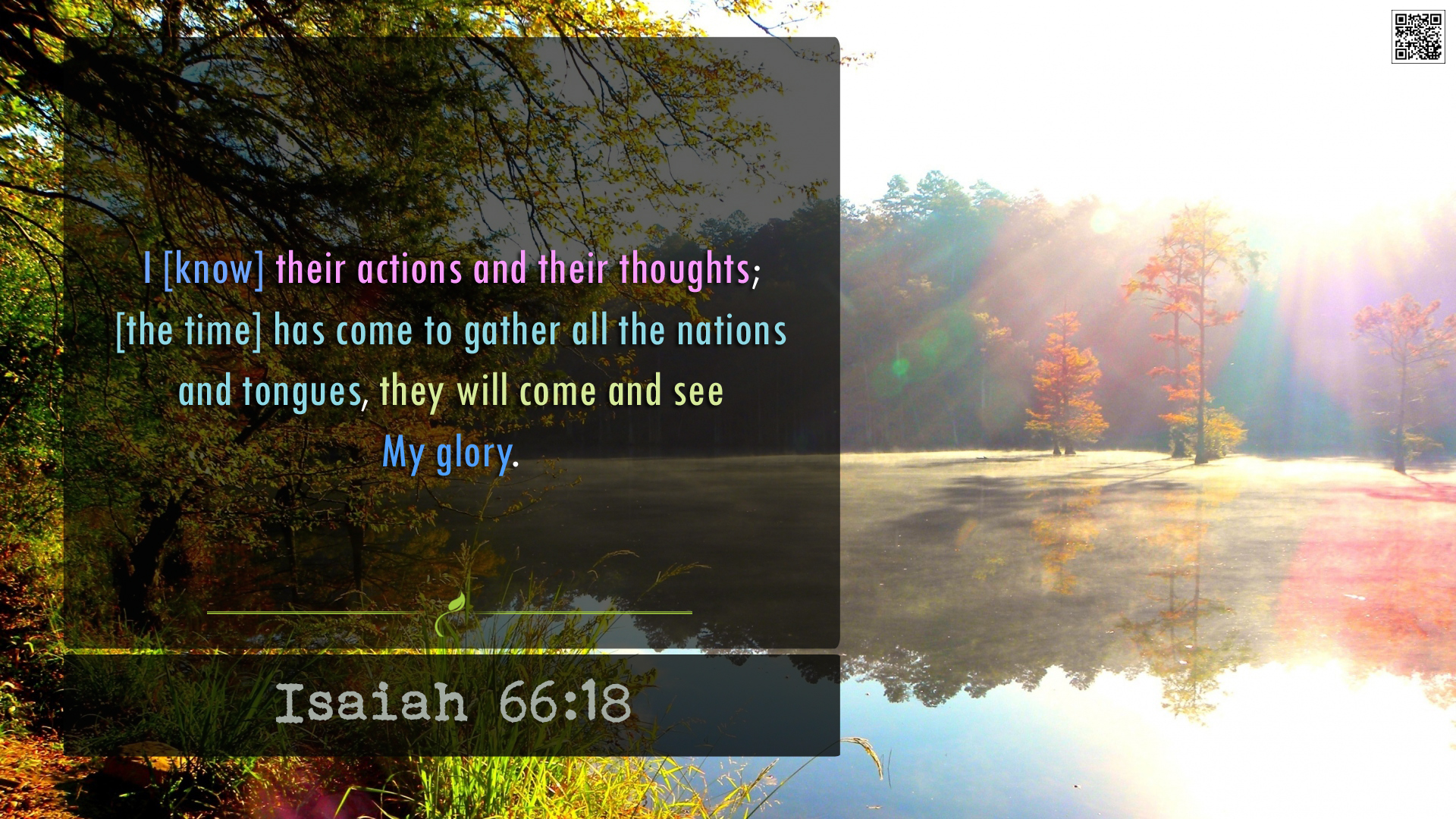Let's
try this again. But again using an open and relational biblical approach as
opposed to Calvinism's so-called "biblical" approach.
Aaron Rodger's question of God being worthy of "Godness" (or even
goodness) is an excellent observation and one many struggle with when imagining
a God of love-and-life vs a God typically pictured as a God of
wrath-and-judgment.
Relational theology teaches a different story. A story which re-centers God on
the basis of His incarnation. As Jesus come as Savior-Messiah to a fallen
world. As a God of love. A God of benevolent action. As one who grants
generative life.
Yet the bible also speaks of God as a God of wrath and judgment upon evil doers
- especially those misrepresenting His ministries of healing, grace, and
mercy (sic, the temple priests and religious teachers of Jesus' day emphasizing
law over grace, propriety over inner holiness, tithing and sacrifice over a
humbled heart, convention over a penitent heart).
So who is this God? Is He one who loves or one who condemns? If He is a God who
condemns than it is inconsistent with being a God of rescuing love. If a God of
love then it is inconsistent with being a God of damning holiness. So which is
it? If both, then how? In what way?
For the church to reorient the story of God as first and foremost the story of
a God of love over a God of judgment is rightly corrected in the face of older
church stories teaching of a God who is austere, wholly unpleased with our
thoughts and actions, and fully controlling our outcomes.
Relational theology says divine love precedes judgment, and in judgment love is
the over-riding factor. And in this divine love arrangement with creation the
Redeeming God works together with creation in determining its future - always
for good, never for evil. He does not, and will not, determine its future by
Himself. Creation's future is always open, continuously indeterminant, yet
always fully immersed in the enabling / cooperating presence of God. This is
the open part of open theology when it says the future is not closed but ever
open to divine mystery, nurture, and flourishing.
Moreover, the evil incurred is the evil we bring to this creation. It is not
from God and never will be. And it's judgment is in itself, not as a result of
God but as a result of freewill actors acting out fallen spirits. We may be
judged by God as fallen but not moved by God to commit fallen acts. This is the
wrong view of divine enabling sovereignty which acts for good out of love.
Nor is God one who scourges humanity for its fallenness but One who warns us of
our sin and its affects. Who aides us away from its affects if we be so
willing. The scourging thus lies in the acts of sin which harms and kills and
not from the God of life and light.
Consequently, God is one who aides mankind as much as is possible in its
fallenness, even up to its Armageddon, if you will. Yet, Armageddon is the
judgment we bring upon ourselves for refusing to embrace God's love and grace
to others - not God's acts of wrath upon a fallen world in which He kills and
maims and brings creation to violent ends.
Like in Noah's day, the flood may have been attributed to God's activity in
this event but it wholly fell upon a mankind refusing to enact God's grace and
mercy to one another. The ancients ascribed the indeterminate (e.g. freewill)
acts of nature as acts from God, but realizedly there were those who survived
its force as well as those who didn't. To the one who did... who lived upright
and obeyed... to that one God was said to have provided an ark of salvation
against the destruction of the unholy.
By this story, and many more like it, it has been more natural for the church
to teach God as the active actor of determinative results thus over-ruling
creation's own responsibility for its indeterminant freewill. But under a weak
theology coupled with an open and relational theology, humanity is responsible
for it's own fallenness and determinative ends whatever befalls it. The real
story here is that humanity is responsible to cease from sin and evil, to show
love and mercy, and become active actors in their own stories of redemption.
When tragedy falls it cannot then be ascribed to sin but to a fallen world in
which the innocent suffer. The floods will still come, the outcomes may be the
same, but the ark of God's redemptive presence in times of tragedy overrules
all disasters whether good or ill.
The central act of divine event - the most significant - is that of divine
redemption. This event occurred at Jesus' atonement then reoccurs again and
again when we repent to the fallenness of our hearts by receiving the salvation
our Redeemer-God provided in Himself on Calvary's Hill. That hill of Golgotha
known as "the skull." Who alone empowers salvation to the penitent and enables the redeemed one to act both as divine agent (e.g., ambassador,
missionary, etc) and divinely-assisted agent (by the Spirit of God) towards
redeeming a fallen world. Not to sit back and await the world's destruction but
to become enmeshed in its processes of redemption to wit we will find in those
same processes the Creator God similarly involved. Similarly concerned. Working
tirelessly against the machinations of a fallen creation set in motion when
granted its fearsome gift of freewill.
Herein lies the older concept of the divine-human cooperative removed from its
Calvinistic setting into an updated Wesleyan setting. No longer is the emphasis
on God's terror and judgment but upon the burden of handling, appreciating, and
acting-out the love of God. Rather than seeing God in the light of the world's
destruction, God is now seen in the light of the world's salvation.
Which, in the whole leads to a more biblical approach to the story of God in
relation to the story of mankind thereby removing all older stories of the
ancients seeing God alone in a negative light where only stolidly worthy followers
may actually please God, holding back His wroth, until this old world burns up
in tragic failure to the once ultimate divine plan of fellowship and communion
with its Creator God.
In the relational view, whether succeeding or failing, the divine plan becomes
one of redemptive success dependent upon creation itself as active pursuant of
the divine. And should it fail, it fails by humanity's own sin and not by God's
wrothful hand.
In this way, the question that holds Aaron Rodgers and others back is now
re-righted in the story of a God of out-reaching love. Of in-reaching
compassion. Who aides in life's difficult journeys. And, as an active presence
promised in a fallen economic order, One who actively, moment-by-moment
provides divine love, light, and hope.
R.E. Slater
January 27, 2020




